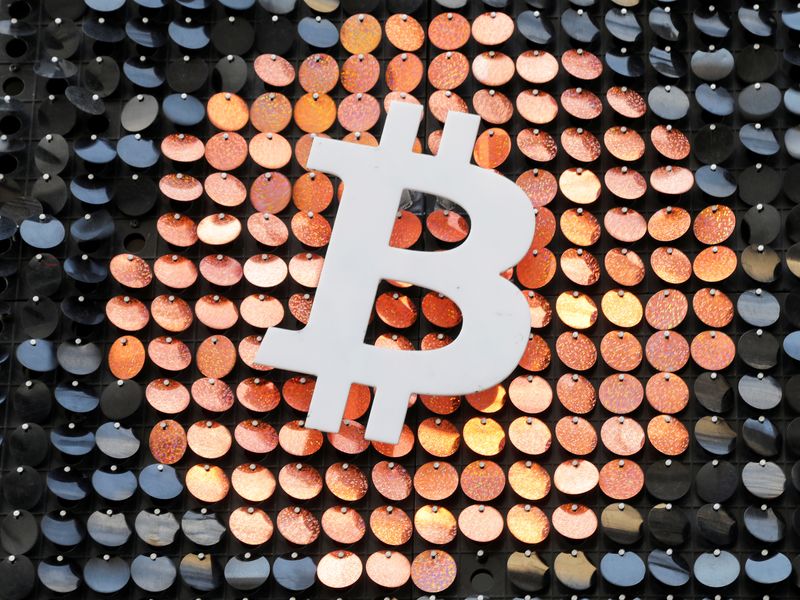The Centre has kicked off efforts to make clear rules for online gaming and e-sports, and has brought them under the Ministry of Electronics and IT (MeitY) and the Ministry of Youth Affairs and Sports, respectively. The move has been welcomed by the industry, but there remain areas of conflict which may require the intervention of courts in the days to come. Can states ban both games of chance and skill? How do you define a game of skill? And how can the Centre and states collaborate to effectively regulate online gaming and e-sports?
What the government has done
The online gaming industry has been seeking transparent and uniform guidelines, laid down by a single central agency. Several states have cracked down on online gaming in recent years citing harmful effects such as addiction and gambling. Minister of State for Electronics and IT Rajeev Chandrasekhar has taken note of the concerns about online gaming, referring to “violence abetting video games, addiction to it, and consequential financial loss”. Chandrasekhar has promised to issue transparent rules and guidelines for online gaming soon. It’s estimated that India has over 500 million gamers, and a KPMG report projects the sector will almost be worth $4 billion by 2025.
You might also like
Finance panel will firm up regulators: Jayant Sinha
5 global crises that will keep you on edge this year
‘Successful investing is a piece of art’
Budget may give a big push to Railways
The government has essentially made MeitY the nodal ministry for regulating online gaming. E-sports has been brought under the purview of Ministry of Youth and Sports. E-sports is a fast-growing sector, and refers to games which involve some skill, with people competing in games and tournaments to win. Recently, India won the bronze medal in the Commonwealth E-sports Championships. It’s also now a medal sport at the Asian Games. The size of the Indian e-sports industry, while still in its early stages, is expected to cross ₹1,000 crore by 2025, according to an EY report.
Meanwhile, the growing popularity of online gaming has already seeded a startup ecosystem which has spawned three unicorns – Dream 11, MPL, and Games24X7.
How states have regulated online gaming
Many states have cracked down on games of chance. India’s Public Gambling Act, 1867 sets penalties for gambling but makes exceptions for games of skill. Andhra Pradesh, Tamil Nadu, Telangana and Karnataka adopted laws to prohibit online games, while some like Uttar Pradesh, Delhi and Madhya Pradesh have accepted the Public Gaming Act with amendments.
The Karnataka High Court had quashed the state government’s ban in February, ruling there can’t be any bans on games of skill. Similarly, the Madras High Court had struck down the Tamil Nadu law banning online games like rummy and poker. It ruled that rummy is a game of skill according to the Supreme Court and can’t be banned. The state governments subsequently appealed to the apex court against the high court decision. Meanwhile, the Tamil Nadu government is once again seeking to regulate online gaming through a new law.
Areas of conflict
An inter-ministerial task force set up by MeitY has pointed out the need to clearly lay down the definitions for games of chance and skill. The Supreme Court may have a view as it listens to the petitions before it. The apex court ruled recently that fantasy sports offered by Dream11 are games of skill.
Gambling in India is largely seen as a state subject and states can frame their own laws. But the Law Commission in July 2018 had argued that Parliament can make laws related to online betting and gambling because they are over the internet.
It then remains to be seen whether the Centre and the states can demonstrate cooperative federalism and collaborate to regulate online gaming. Or will it require judicial intervention?
Elsewhere in Mint
In Mint Special ‘2023: The Moderation Redux’, Janet Yellen tells why the US won’t chase the cheapest supply chains. Di Guo & Chenggang Xu argue that the Soviet endgame threatens to scuttle China’s economy. Jose Antonio Ocampo says after covid-19, a pandemic of debt is rocking the world. Will the central banks do what it takes? Carmen M. Reinhart asks.
Download The Mint News App to get Daily Market Updates.
More
Less















